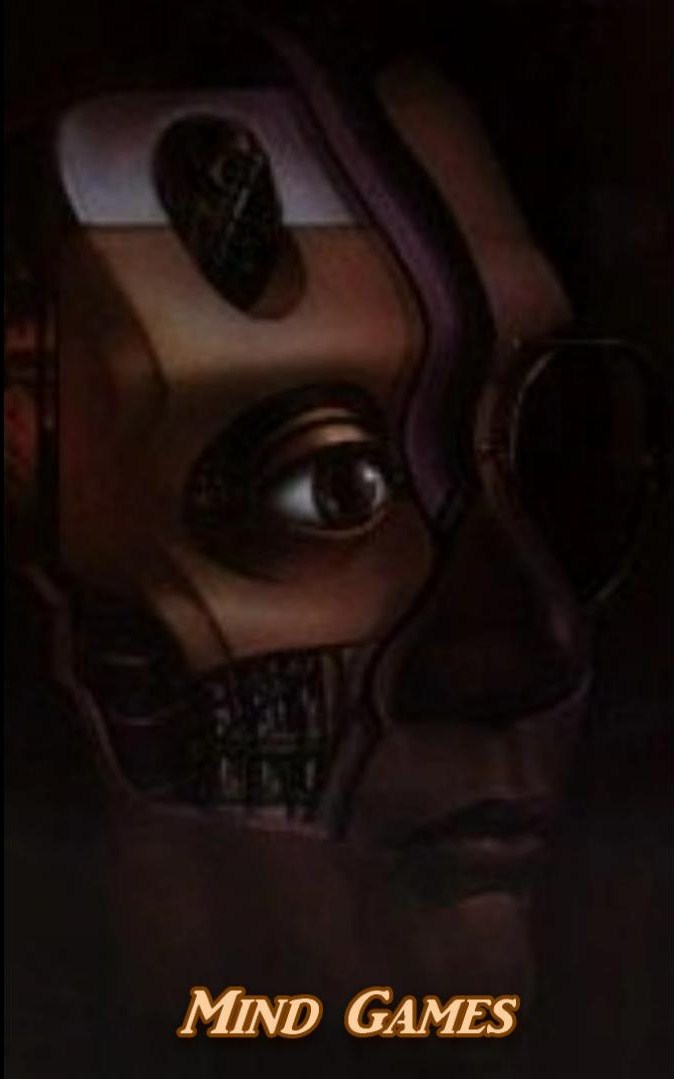Your mind is sleeping in light, dreaming of shadows
in a great cave of playful games. Why don’t you wake up?
The price of enlightenment is the death of all dreams,
for where the great sun arises to its apex, there is
no room for old habits in the darkness of uncertainty.
There is only light and the happiness it brings to the one
awake and beyond reach of the great deceiver.
The Mind is the source; beside It there is no-thing.
The Mind is everything yet it is not a thing or a thought.
The source of your own Spirit is the Mind. To know the Mind
is to know the source and to know the source is to know
the body of nirvana.
It is called body of nirvana because ultimately spirit recognizes
no other as the absolute source of perfect satisfaction.
To deny your spirit the healing light of this Mind, is to instantly
know the world of good and evil and the apparently myriad things
of the world, their cycles including your own aging and mortal body
with its ruling Lord of darkness and pain, the mind.
The seductive drug of the mind is indeed strong and very
addictive once taken. It instantly inverts the light of the Mind and like
in a miracle it reveals divided lights of form and emptiness, positions
of mind to which there is always something for everyone….
Seek not Mind in things, for none of these inversions of the Mind are
ultimately real but empty of self and thus no-Mind. If you want to seek,
then seek at least what is the good and healing light of your true nature.
Like a dormant seed within yourself it sleeps, yet it is directly linked to the
Mind and as such a body of a deathless bodhisattva.
A Buddha to be once fully awakened to the absolute nature of the Mind…
Once recalled as such and allowed to heal a divided and confused spirit into
oneness with the source, there is nothing more to seek, nothing more to find
or attain.
Hence, there is only one way out from the endless mind games of the deluded spirit…
Know thyself, before the arisal and cessation of all things….


The German philosopher G.W.F. Hegel on what he termed the “absolute law” (the Delphic “know thyself!”):
“The significance of that ‘absolute commandment’, know thyself … is not to promote mere self-knowledge in respect of the particular capacities, character, propensities, and foibles of the single self. The knowledge it commands means that of man’s genuine reality — of what is essentially and ultimately true and real — of spirit as the true and essential being.”
“Know thyself doesn’t have the meaning of a law externally imposed on the human mind by an alien power; on the contrary, the god who impels to self-knowledge is none other than the absolute law of mind itself. Mind is, therefore, in its every act only apprehending itself” (EPM § 377 A).
Hegel was scared of hindu art though.
“Hindu art marks the difference between the spiritual (or divine) and the merely natural by extending, exaggerating and distorting the natural forms in which the divine is imagined to be present. The divine is portrayed not in the purely natural form of an animal or human being, therefore, but in the unnaturally distorted form of an animal or human being. (Shiva is portrayed with many arms, for example, and Brahma with four faces.)
Hegel notes that such portrayal involves the work of “shaping” or “forming” the medium of expression (PKÄ, 78). In that sense, one can speak of Hindu “art.” He claims, however, that Hindu art does not fulfill the true purpose of art because it does not give appropriate and adequate shape to free spirit and thereby create images of beauty. Rather, it simply distorts the natural shape of animals and human beings—to the point at which they become “ugly” (unschön), “monstrous,” “grotesque” or “bizarre” (PKÄ, 78, 84)—in order to show that the divine or spiritual, which cannot be understood except in terms of the natural and sensuous, is at the same time different from, and finds no adequate expression in, the realm of the natural and sensuous. Hindu divinity is inseparable from natural forms, but it indicates its distinctive presence by the unnaturalness of the natural forms it adopts.
Hegel’s judgment on Hindu art does not mean, by the way, that he finds no merit at all in such art. He remarks on the splendor of Hindu art and on the “most tender feeling” and the “wealth of the finest sensuous naturalness” that such art can display. He insists, however, that Hindu art fails to reach the height of art, in which spirit is shown to be free in itself and is given appropriate natural, visible shape (PKÄ, 84).”
(Stanford Encyclopedia of Philosophy)